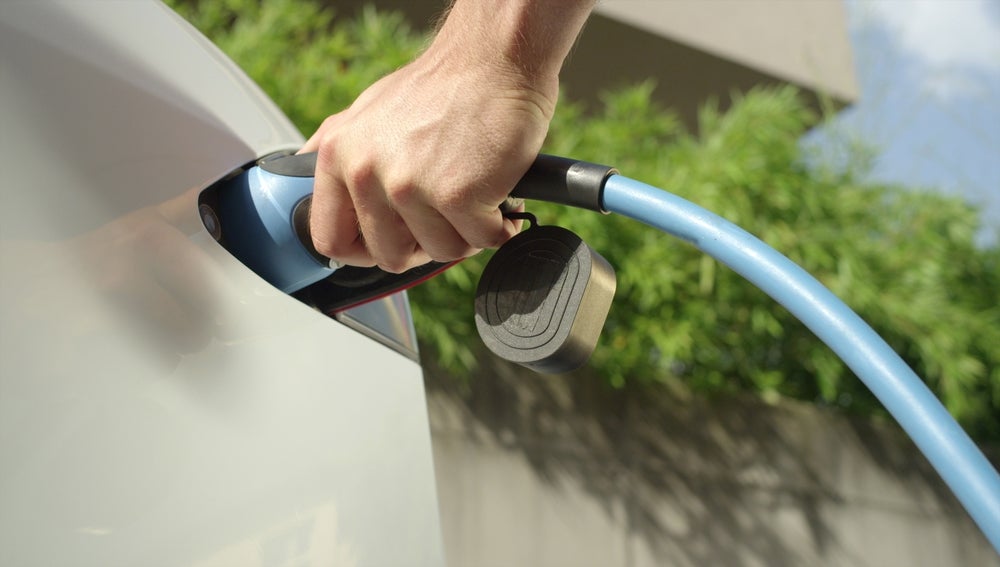The Society of Motor Manufacturers and Traders (SMMT) has called for increased support to improve electric vehicle (EV) charging infrastructure.
In a statement, the trade body acknowledged that significant challenges remain, despite the commitment from manufacturers to decarbonise by 2035 – namely the semiconductor crisis that continues to impact production.
Additionally, the manufacturing sector is facing challenges from high energy prices, uncompetitive business rates and additional trade costs compared to global competitors.
The SMMT said long-term strategies and increased support are needed for these deficiencies, and close collaboration between industry and government will be critical if the industry is to remain internationally competitive.
George Gillespie, president and chairman of the SMMT, said: “We have invested billions in designing some of the most amazing electrified vehicles – over 115 zero-emission capable vehicle models are for sale in the UK right now. We have inspired the public to buy these exciting vehicles in numbers never seen before, but here is the twist.
“It is so frustrating to find broken chargers, blocked chargers, multiple apps, confusing payment schemes. This is quickly going to turn a lot of people off electric vehicles and all our work in developing these fantastic vehicles will be wasted.

US Tariffs are shifting - will you react or anticipate?
Don’t let policy changes catch you off guard. Stay proactive with real-time data and expert analysis.
By GlobalData“We need access to skilled staff. We need free access to markets. We need the right government incentives to develop new technologies and continue to lead the world and help to deal with rising transport and energy costs.”
The SMMT stressed that a healthy new car market is essential as it creates and sustains jobs, delivers receipts to government and is essential to the achievement of Britain’s net-zero target.
Mike Hawes, chief executive of the SMMT, added: “This industry does ‘delivery’. We will decarbonise road transport – cars by 2035, buses likely earlier, HGVs likely only a bit later. But as electric vehicle sales race ahead, on-street charging infrastructure is increasing slowly. We look to government to create the conditions – maybe mandate the conditions – to accelerate the infrastructure across the country as we need others to match our speed.”







